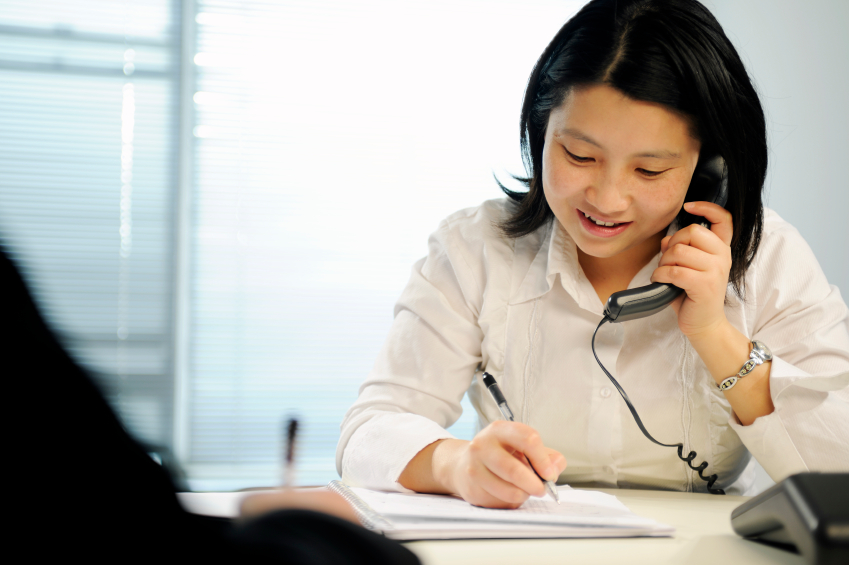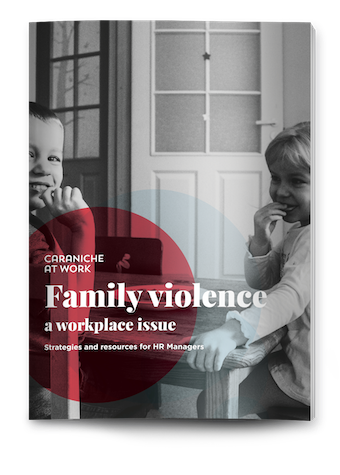
As the pandemic continues, are your coping strategies evolving alongside the changing situation?
Much of the of guidance to date around taking care of our mental health during the COVID-19 pandemic has been geared towards coping with the stress relating to lockdown, for what we hoped would be a one-off period.
But as the months go by and many jurisdictions around the world go into lockdown a second time around, and others open back up, we are now grappling with the reality that this pandemic has no clear end-date and what this might mean for our ‘new normal’. In this prolonged period of uncertainty, looking after our mental health is becoming increasingly important.
So, aside from the coping strategies most of us already know about – keeping active, eating well, practicing mindfulness, having a routine, getting enough sleep, connecting with others and reaching out for help when we’re struggling – what else can we do to cope?
Researchers from Binghamton University in New York suggest a number of strategies that are particularly useful for cultivating resilience during this phase of the COVID-19 pandemic, including re-framing a situation and problem-focused coping.
Re-framing, also known as cognitive reappraisal, involves changing how you interpret a stressful situation to reduce its harmful impact. For example, you could consider the benefits of spending more time in your local neighbourhood and local parks; rather than focus on the limitations of travel restrictions. This reframing is also an antidote to the ‘all-or-nothing’ thinking that can lead people to feeling anxious.
Reframing helps us see that a situation can be viewed from multiple perspectives and that these different views are not mutually exclusive.
Problem-focused coping frames the situation in terms of a problem to be solved, which helps give us a sense of agency, and encourages a pragmatic, planned approach. For example, if you have felt disconnected from your work colleagues, you could schedule a regular catch-up time to check in with one another. Research has also shown that problem-solving encourages positive emotions, self-confidence and motivation and reduces the impact of stress.
The researchers also recommend a particular type of meditation called lovingkindness meditation, which is the practice of cultivating thoughts of tolerance and compassion towards others. Whether you prefer this type of meditation or other mindfulness techniques, pausing each day is a good way to practice self-care, and you can find a number of meditation tools, including mindful self-compassion guided meditations, here.
Most people’s mental health and sense of wellbeing will be impacted in some way due to the many changes brought about by COVID-19, which is why it’s important to prioritise your mental health during this time.
You can access your Caraniche at Work EAP if you are an existing customer; EAP appointments are available via phone or video by calling 1800 099 444 or making an online booking enquiry.

Many of the new tech based EAPs have been making inaccurate claims about traditional EAPs as part of their marketing and promotion.
Read more
Moral injury in the workplace can negatively impact our psychological wellbeing and mental health. Here’s why it matters.
Read more
When choosing how to cultivate wellness in the workplace, it’s never been more important to take an organisation-wide approach. Here’s why.
Read more
Australian workplaces are waking up to the impact of family violence. Caraniche at Work has developed a free report for HR Managers who want to take the lead.